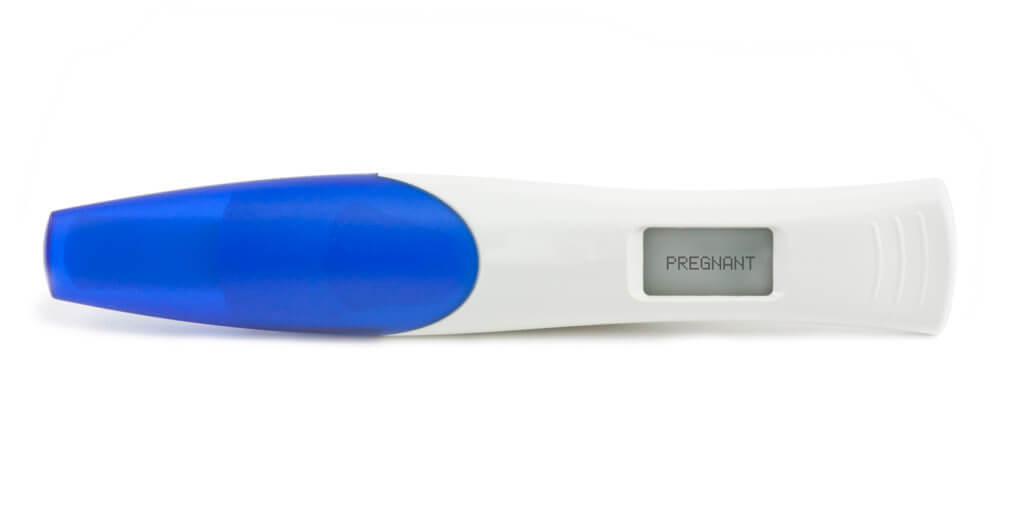
Choosing the right birth control can seem like a daunting task, especially with dozens of types to choose from. Finding the method of birth control that is right for you can be influenced by a number of different factors including the effectiveness of the method, any related costs, how invasive it is, the complexity of the method, and your religious or philosophical beliefs. Here is a brief guide to the different types of birth control options available to you.
Long Acting Reversible Contraceptives(LARCs) are highly effective methods of birth control that last for an extended period of time without requiring any user interaction. These include both hormonal and non hormonal IUDs(intrauterine devices), subdermal implants and injections. One of the great advantages of LARCs is they are low maintenance and are effective for months or years before you have to go back to the doctor. The fact they are so long lasting is also one of the reasons they are so effective. They are also easily reversible if you decide later in life you would like to become pregnant. The least pleasant thing about LARCs is that they would require a mildly invasive procedure to implant or inject the device.
Sterilization Methods are surgical procedures meant to permanently prevent pregnancy and childbirth. Sterilization methods include tubal sterilization implant and tubal ligation in women and vasectomy in men. Sterilization surgery should only be considered as a birth control option if you never want to have children again. Reversal of a sterilization surgery is rare and it is not covered by most health insurance plans meaning instead of paying just a surgical co-pay, you would be paying for the entire cost of the surgical procedure out of pocket. Despite the permanence of these procedures, they are no more effective than an IUD with male sterilization being about as effective as the Mirena IUD and female sterilization being equally as effective as the Paragard IUD.
Short acting hormonal methods include the pill, the patch, and the NuvaRing and prevent pregnancy by interfering with ovulation and fertilization of the egg. These methods can be combined hormonal, containing both estrogen and progestin, on progestin only methods. Progestin only methods are often used when a woman can't take estrogen due to certain medical conditions such as blood clots, pulmonary embolism, deep vein thrombosis, high blood pressure, smokers over 35 years old, and migraine headaches with an aura. Women who are breastfeeding should also not take estrogen since it can decrease milk supply. Short acting hormonal methods, in perfect use are as effective as LARCs, however due to potential human error, they are rarely perfectly used for long periods of time. Because of this, about 9 in 100 women become pregnant during the first year of using these methods. They are still considered a very effective form of birth control, but are not nearly as effective as LARCs or sterilization methods.
Barrier methods of birth control work by blocking semen from entering the vagina thereby preventing sperm from joining with the egg. The most popular form of barrier method is the male condom. Other forms include female condoms, diaphragms and cervical caps. Barrier methods alone are not a very effective form of long term birth control as they have fairly high typical use failure rates. One of the advantages to using condoms is they can help protect against sexually transmitted diseases, which no other form of birth control does. Barrier methods of birth control work best when used in combination with other forms of birth control.
Some less effective methods of birth control include the cervical cap, the sponge, and spermicide. These methods are not recommended to be used on their own as a source of birth control or you may want to consider alternative methods due to how unreliable these methods are.
Natural Methods of birth control can be some of the most effective forms of birth control if used perfectly. Some people prefer natural methods of birth control for religious or philosophical reasons or some people prefer them because there is no cost involved or purchases to be made. Natural methods of birth control include abstinence, coitus interruptus, and fertility awareness based methods.
